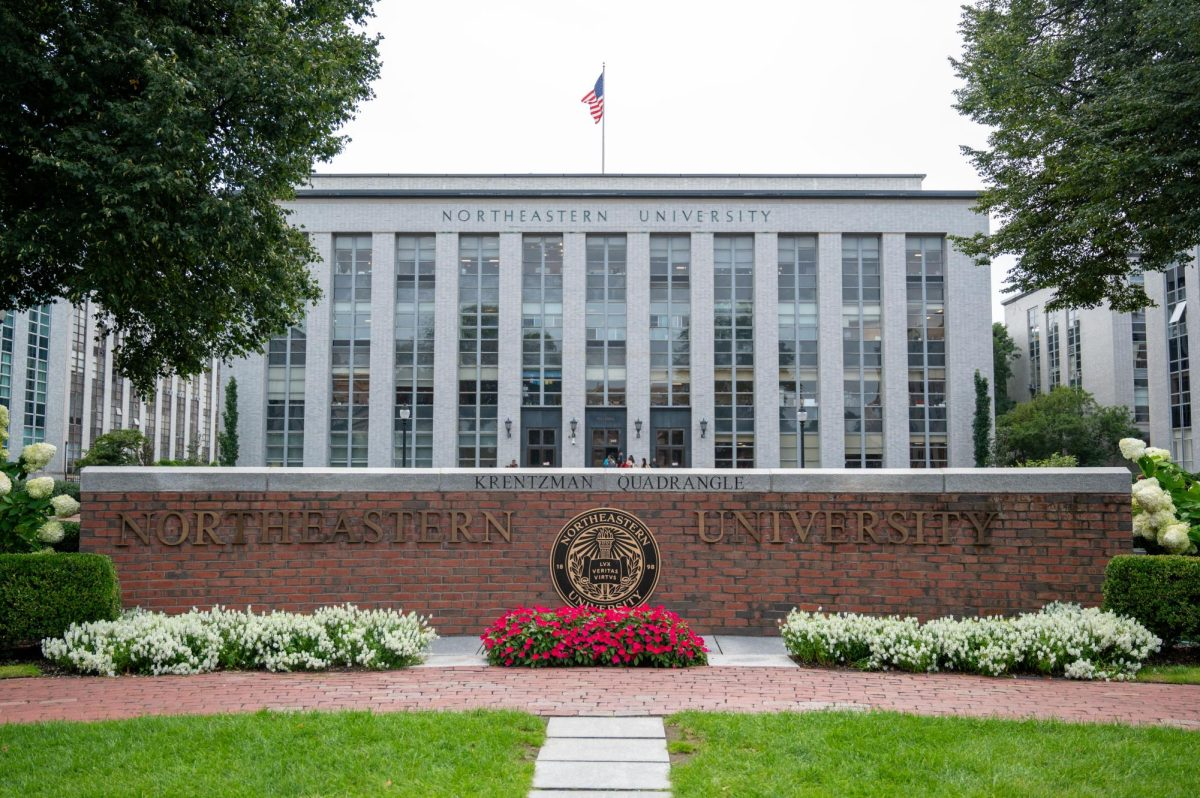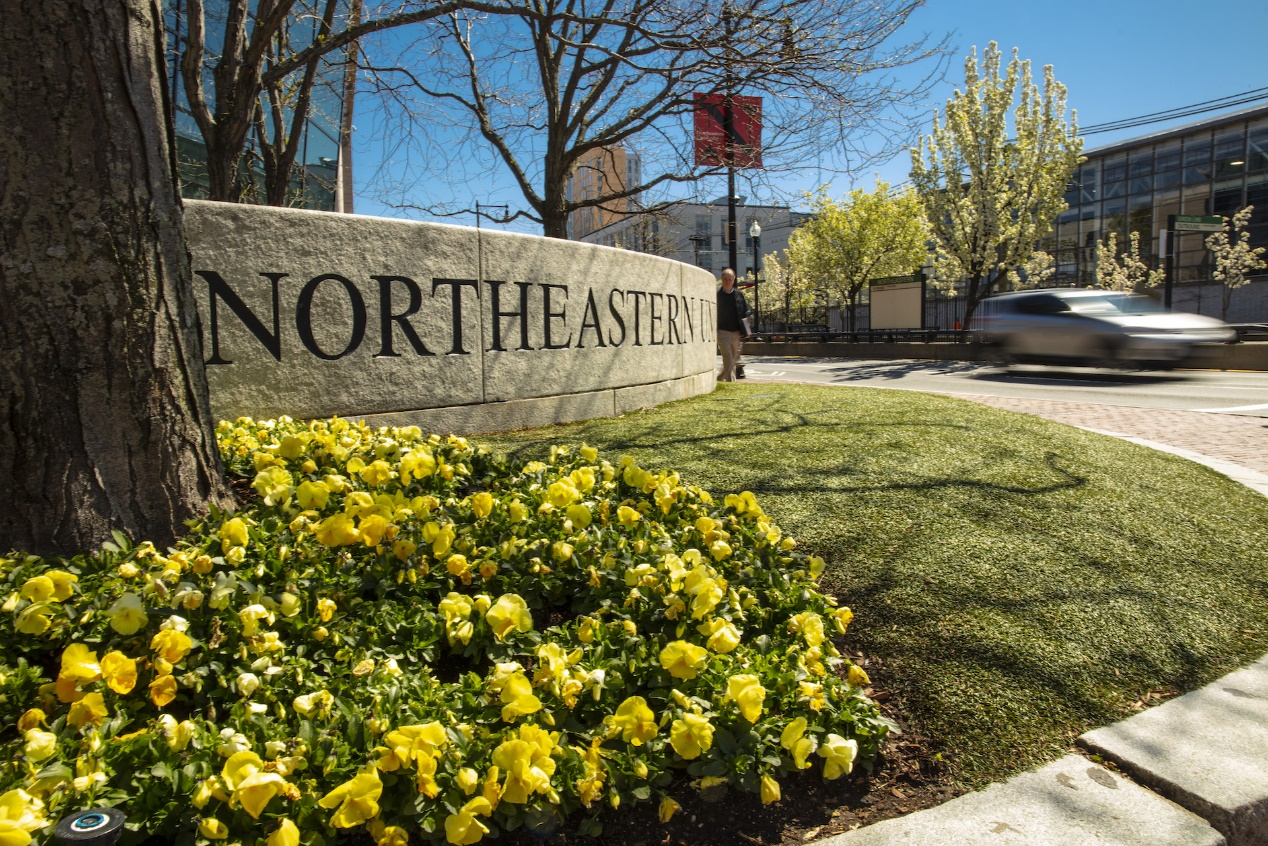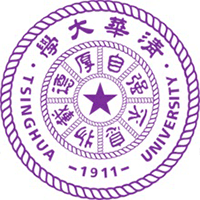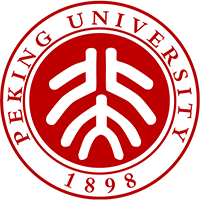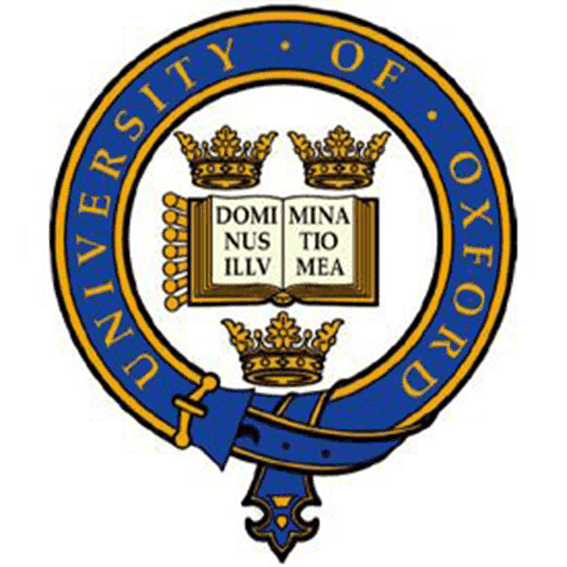International Relations and Global Governance
Date:
May 18th, 2025 (UTC -4)
Organizer:
Northeastern University
Symposium Chair:
Personal Bio:
Dr. Ifa Khan earned her Doctorate degree in Leadership in Education, and had been a lead faculty at University of Phoenix, Boston Campus (2014-2016). She was heading College of Business Management, (Responsible For: Faculty Assessment, Curriculum Development, Mentoring, Content Interviews, AQA Reviews, Faculty Certification & Training, Consultation & Student Advisement).
Presently, Dr. Khan is teaching at Northeastern University (College of Professional Studies) 2010- present: Teaching Leadership courses at Graduate levels: Managing Organizational Culture, Developing Leadership Capabilities, Leading Teams, Bench Strength, Leadership Project (capstone).
She is also teaching D’Amore McKim School of Business (International Business & CSR, Global Manager, International Marketing).
She was a visiting Fellow at Swinburne Institute of Technology, Melbourne/Australia, and visiting teaching faculty at Boston College, for Summer Programs Independent Consultant: Multinational traveler for education and human resource development.
Dr. Khan is working as Consultant for Tricon Boston (multinational energy businesses) Boston, MA (2010-Present).
Background:
International relations and global governance are crucial fields for understanding how the modern world operates in a globalized context. Globalization has transformed political, economic, and cultural landscapes, leading to increased interdependence between nations. This interconnectedness underscores the importance of international organizations like the United Nations, which facilitate diplomacy and cooperation between states. In this complex environment, effective governance is essential for addressing global challenges. Central to these challenges are conflict resolution and peacebuilding, as tensions remain prevalent worldwide. However, despite these challenges, the opportunities for international collaboration are immense. By prioritizing transparency, fostering collaboration, and promoting shared values, the global community can work towards mitigating conflicts and ensuring collective progress. Achieving this goal requires not only cooperation but a commitment to a unified vision of peace and prosperity that benefits all nations, ensuring a stable and inclusive future for everyone.
Goal/Rationale:
The goal and rationale of this symposium is, a student might want to address the issue of how global governance structures, such as international organizations and diplomacy, can effectively manage the balance between cooperation and competition in an increasingly interconnected world. Specifically, the research could explore how globalization, driven by technological advancements, creates opportunities for collaboration but also exacerbates challenges like economic inequality and cultural erosion. The student could examine the role of institutions like the UN, IMF, WTO, and the World Bank in addressing these issues and promoting fair global cooperation. Recent advances, including digital diplomacy and more transparent governance practices, offer new strategies for fostering trust and accountability. Additionally, examining conflict resolution efforts, such as in the case of Ukraine, could provide insight into improving peacebuilding strategies. Achieving this could involve analyzing how these structures adapt to shifting political landscapes and ensuring that the benefits of globalization are equitably distributed.
Call for Papers
The scope of this write-up (and Symposium) focuses on the importance of international relations and global governance in navigating the complexities of globalization. It explores the interconnectedness between nations, the role of international organizations like the UN, and the necessity of effective governance to address global challenges. The write-up highlights conflict resolution and peacebuilding as central issues, emphasizing the potential for international collaboration to mitigate conflicts. It also discusses the impact of globalization on economic inequality and cultural erosion, examining the role of institutions like the UN, IMF, and World Bank in promoting fair cooperation. Additionally, it touches upon digital diplomacy, transparency, and adapting governance structures to ensure equitable benefits for all nations.
Topics
The main topics of this symposium are listed below.
Laws- Cyber Law and Digital Privacy
- AI Ethics and Intellectual Property
- Environmental Law and Climate Policy
- Human Rights and Social Justice
- Labor Law and Gig Economy
- Consumer Protection and Data Security
- Criminal Law and Digital Crime
- Property Law and Blockchain Applications
- Public Health Law and Policy
- Media Law and Freedom of Information
Meanwhile, submissions aligned with the overall conference theme are also welcome.
Political Science- International Relations and Global Governance
- Political Economy and Digital Finance
- Climate Policy and Environmental Politics
- Cybersecurity and Digital Governance
- Human Rights and Migration Policy
- Political Philosophy and Ethics in AI
- Public Policy and Social Movements
- Political Polarization and Media Influence
- Public Administration and Domestic Policy
- Exercise Physiology and Performance Optimization
- Sports Nutrition and Metabolism
- Injury Prevention and Rehabilitation
- Strength and Conditioning Techniques
- Ethics in Sports and Fair Play
- Human Kinetics and Motor Skills
- Sports Sociology and Cultural Identity
- Gender Studies in Sports
- Inclusion and Accessibility in Sports
- Mental Health in Competitive Sports
- Sports Policy and Governance
- Sports Psychology and Motivation
- Digital Pedagogy and E-Learning
- Sports Pedagogy and Physical Literacy
- Inclusive Education and Social Learning
- Trauma-Informed Teaching
- Gamification in Education
- EdTech and Artificial Intelligence in Learning
- Mindfulness in Education
- STEM and STEAM Education
- Culturally Responsive Teaching
- Collaborative Learning Strategies
- Experiential and Cooperative Pedagogy
- Differentiated Learning Approaches
- Assessment for Learning
- Multisensory and Physical Education
- Digital Sociology
- Sociology of Climate Change
- Migration and Globalization
- AI and Society
- Sociology of Technology
- Social Media Impact
- Post-Colonial Sociology
- Sociology of Mental Health
- Inequality and Social Justice
- Gender Studies in Sociology
- Core Fields (e.g., Theoretical Sociology, Historical Sociology)
- Specialized Areas (e.g., Urban Sociology, Criminology, Rural Sociology)
Submission
All submitted papers should report original and unpublished work, experimental or theoretical, and are not under consideration for publications elsewhere. All papers should be no less than 4 pages in length and must strictly follow the format of the symposium template. All papers are subject to reviews and edits. Prospective authors are kindly invited to submit full text papers that includes title, abstract, introduction, tables/figures and references. Other styles of papers are not accepted. Please submit your papers in both .doc/.docx AND .pdf formats as attachments via email to [email protected] by the given deadline. It is unnecessary to submit an abstract in advance.
Publication
Accepted papers of the symposium will be published in Lecture Notes in Education Psychology and Public Media (Print ISSN 2753-7048), and will be submitted to Conference Proceedings Citation Index (CPCI), Crossref, CNKI, Portico, Google Scholar and other databases for indexing. The situation may be affected by factors among databases like processing time, workflow, policy, etc.
The papers will be exported to production and publication on a regular basis. Early-registered papers are expected to be published online earlier.
This symposium is organized by ICGPSH 2026 and it will independently proceed the submission and publication process
Highlights
The topic under discussion is “International Relations and Global Governance.” In today’s globalized world, growing interdependence among nations has made the governance of international affairs more critical than ever. As globalization transforms political, economic, and cultural landscapes, effective governance is essential for navigating the complexities of diplomacy, economic cooperation, and conflict resolution.
The symposium explored how global governance structures—such as the United Nations, World Bank, IMF, and WTO—help manage the balance between cooperation and competition. These institutions are at the forefront of addressing pressing global issues such as economic inequality, political instability, and climate change. As we observe, new trends such as digital diplomacy and transparent multilateral practices are reshaping how states engage and collaborate.
Participants also reflected on real-world cases like the conflict in Ukraine to discuss the challenges and innovations in modern peacebuilding efforts. Technological advancement and shifting geopolitical dynamics demand more inclusive, flexible, and resilient governance frameworks to ensure fair participation and the equitable distribution of globalization’s benefits.
In conclusion, global governance is not just about managing international relations—it is a strategic necessity to ensure peace, justice, and collective progress in a rapidly evolving world. The symposium encouraged forward-looking thinking that bridges theory and practice in shaping a more cooperative global future.



Ways to Participate
Attendance Onsite
The symposium welcomes participants to attend on-site and share the innovative experiences and researches with the group. Therefore, we provide some general information about the visa application. If you want to attend the symposium on-site, please email the symposium committee: [email protected].
VISA:
U.S. Visas (state.gov)In order to ensure the information is correct and up to date, there may be changes which we are not aware of. And different countries have different rules for the visa application. It is always a good idea to check the latest regulations in your country. This page just gives some general information of the visa application.
US Visa Information
The B-1/B-2 visitor visa is for people traveling to the United States temporarily for business (B-1) or for pleasure or medical treatment (B-2). Generally, the B-1 visa is for travelers consulting with business associates; attending scientific, educational, professional, or business
conventions/conferences; settling an estate; or negotiating contracts. The B-2 visa is for travel that is recreational in nature, including tourism; visits with friends or relatives; medical treatment; and activities of a fraternal, social, or service nature. Often, the B-1 and B-2 visas are combined and issued as one visa: the B-1/B-2.
-
Application Items
If you apply for a business/tourist visa, you must pay your $160 application fee and submit the following:
- A Nonimmigrant Visa Electronic Application (DS-160) Form. Visit the DS-160 web page for more information about the DS-160.
- A passport valid for travel to the United States with a validity date at least six months beyond your intended period of stay in the United States (unless country-specific agreements provide exemptions). If more than one person is included in your passport, each person desiring a visa must submit an application.
- One (1) 2 x 2 inches (51 x 51 mm) photograph taken within the last six months.
- If a visa is issued, there may be an additional visa issuance reciprocity fee, depending on your nationality.
In addition to these items, you must present an interview appointment letter confirming that you booked an appointment through this service. You may also bring whatever supporting documents you believe support the information provided to the consular officer.
-
Supporting Documents
- Invitation letter from business or school.
- Detailed CV or resume including a list of publications.
- Complete itinerary, including all meetings, conferences, and visits; include names, addresses, and telephone numbers of your hosts.
- For other materials, please refer to the U.S. Embassy or Consulate website.
-
NOTICE:
Should your application be denied, the organizing committee cannot change the decision of visa officer, nor will ICGPSH engage in discussion or correspondence with the visa application center on behalf of the applicant. The registration fee CANNOT be refunded when the VISA application of individual being denied.
